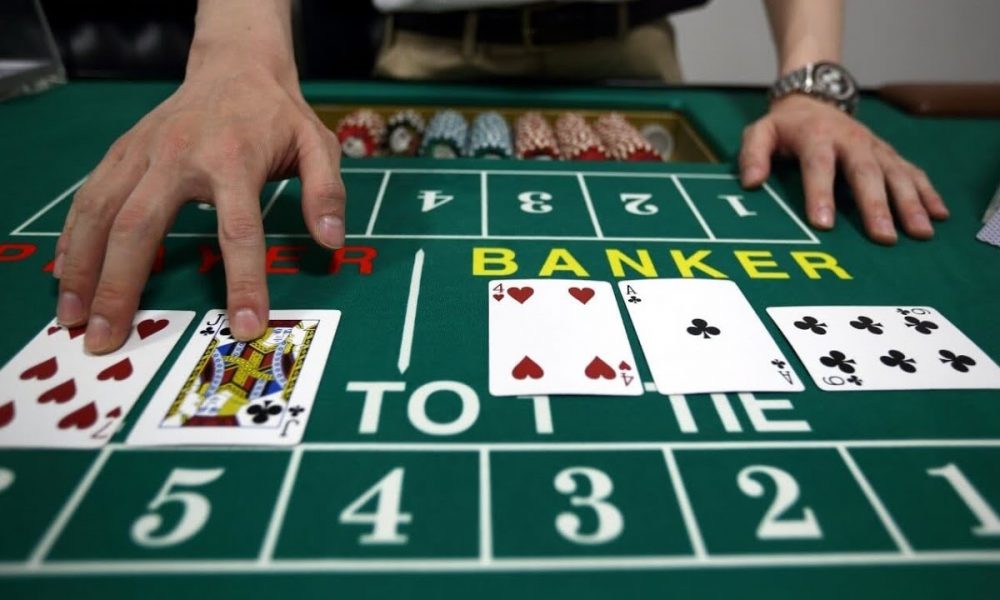Online tutorials break down card value systems through step-by-step visual demonstrations that simplify complex counting methods into digestible learning segments. These educational resources employ interactive examples showing how numbered cards, face cards, and aces contribute differently to hand totals. Modern บาคาร่า tutorials utilise animated card displays, colour-coded value charts, and practice scenarios that allow learners to master the unique scoring system where only the rightmost digit of totals matters for final hand values.
Card counting basics
Tutorial designers recognise that card values in this game differ substantially from those in other games, requiring specialised instruction methods that address common misconceptions. Numbered cards from two through nine maintain their face values, while 10s, jacks, queens, and kings all count as zero points, creating a simplified counting system that novice players can master quickly. Aces always count as one point, eliminating the variable value confusion found in other card games. The most challenging concept for new players involves the modulo-10 calculation system, where hand totals exceeding 9 automatically reduce to single digits. Tutorial creators address this confusion through repetitive examples showing how totals like 15 become 5, or how 18 becomes 8, helping students internalise this fundamental rule. Interactive calculators embedded within tutorials allow learners to input various card combinations and instantly see the resulting hand values, reinforcing the mathematical concept through hands-on practice.
Visual learning methods
- Colour-coded card images highlight value differences between card types, with numbered cards in one colour, face cards in another, and aces distinctly marked
- Animated sequences demonstrate the adding process step-by-step, showing individual card values combining to create hand totals
- Split-screen comparisons display multiple hand examples simultaneously, allowing learners to compare different value combinations
- Progress bars track learning completion as students master each card category and value calculation method
- Interactive quizzes test comprehension by presenting random card combinations for value calculation practice
Interactive practice tools
Modern tutorial platforms incorporate simulation environments where learners can practice value calculations without monetary pressure or time constraints. These practice tools present random card combinations and require students to calculate hand values before revealing correct answers, building confidence through repetition. The immediate feedback mechanism corrects errors instantly while explaining the proper calculation method for missed questions. Gamification elements within these practice tools award points for correct calculations and track improvement over time, motivating continued practice until value calculation becomes automatic. Some platforms include timed challenges that gradually increase calculation speed requirements, preparing students for the pace of actual gameplay. The progression from bare two-card hands to more complex scenarios helps build comprehensive calculation skills.
Tutorial progression paths
Educational platforms structure their instructional content in graduated difficulty levels that prevent information overload while building comprehensive knowledge. Beginning modules focus exclusively on single-card values before advancing to two-card hand calculations, then progressing to more complex scenarios involving third cards. This methodical approach ensures students master foundational concepts before encountering advanced situations.
Advanced tutorial modules introduce edge cases and unusual card combinations that might confuse players during gameplay. These scenarios include hands with multiple zeros, consecutive face cards, or combinations that create specific totals like 8 or 9. The comprehensive coverage prepares students for any card combination they might encounter, building confidence in their calculation abilities. Assessment tools within tutorial platforms verify that students have mastered card value systems before advancing to other game aspects like betting strategies or table etiquette, ensuring solid foundational knowledge supports further learning.









